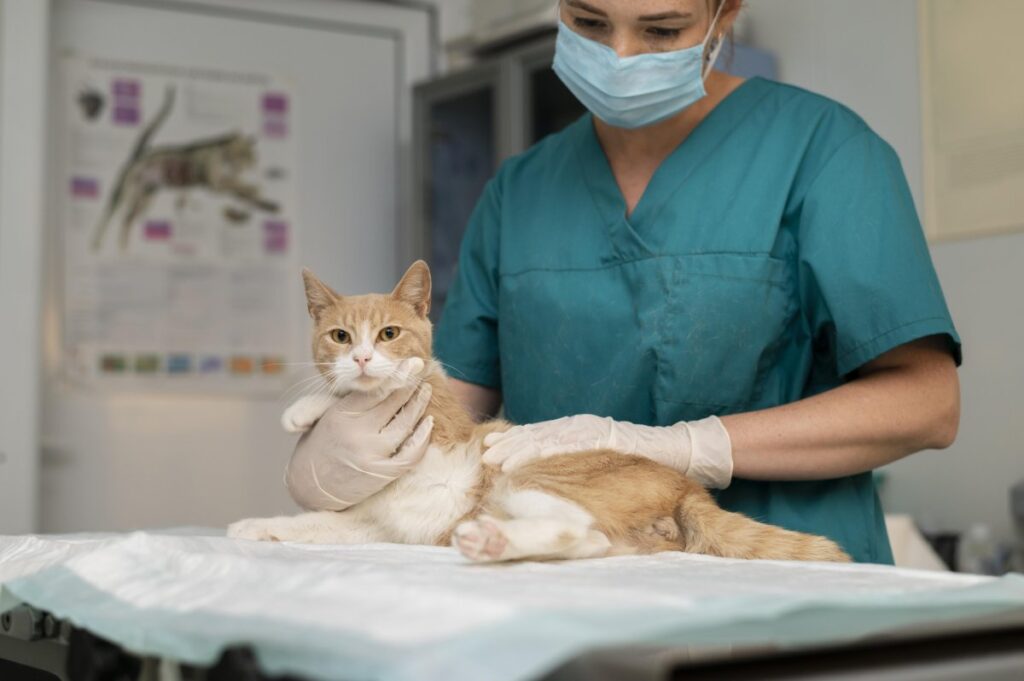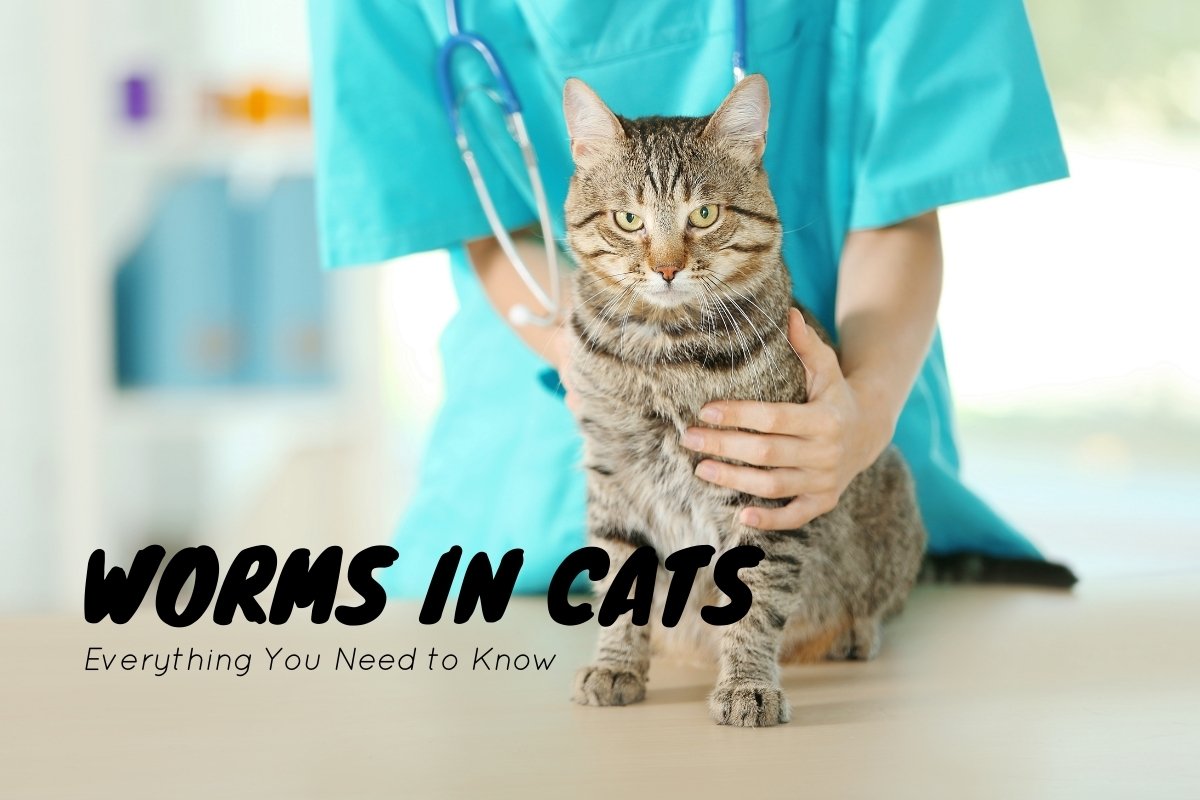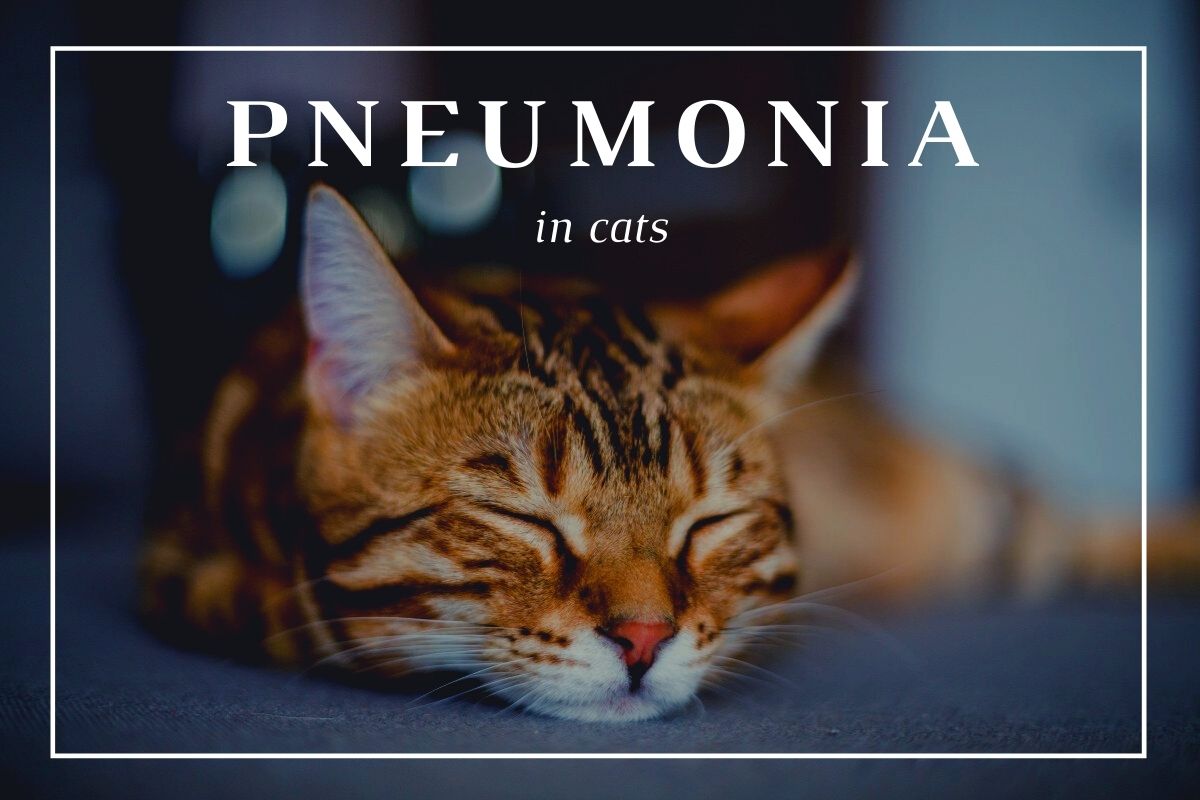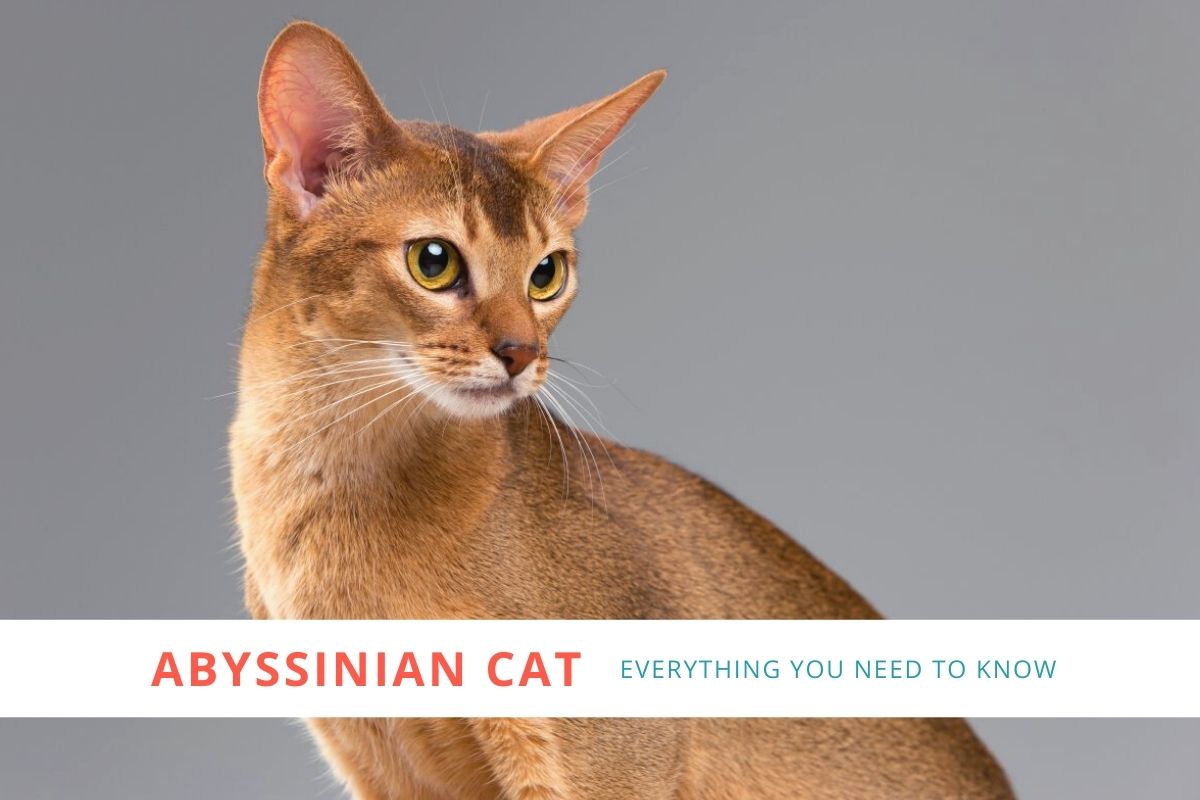Among the most crucial aspects of being a pet parent is to look for your pet’s health and well-being. Cat owners must keep up with vaccination regimens, learn to understand a cat’s instincts and gestures, and keep their cats tidy and well-groomed.
Pet owners must also take precautions to avoid parasite illnesses. Worms in cats, or gastrointestinal parasites, are prevalent. These infections need to be treated immediately.
Cat owners must learn how these parasites afflict cats, including their symptoms, prevention, and medication.
Symptoms of Worms in Cats
Some symptoms of worms in cats are incredibly generic, and older cats afflicted with worms may not exhibit any clinical manifestations at all. However, there are numerous things to keep an eye out for:
- Bloody stools
- Coughing
- Enlarged, swollen belly
- Increased or loss of appetite
- Pale mucous membranes
- Poor haircoat
- Vomiting
- Diarrhea
Worms can appear in a multitude of forms. Some cats exhibit apparent signs, while others exhibit none at all. Among the most compelling reasons for a skilled veterinarian to see your cat at least once a year is to check for parasite infestation.

How Do Cats Get Worms?
Animals can pick up worms in some ways, which include:
• Mother’s Milk
Regrettably, infected moms can spread parasitic infestation larvae to their babies through their milk, making it possible for kittens to develop parasites. Since kittens are delicate and sensitive, this can be especially harmful, resulting in diarrhea, coughing, weight loss, and poor fur.
• Fleas
If your furry companion has a flea infestation, they are in danger of contracting a gastrointestinal worm. In truth, the most popular approach for a cat to become infected with tapeworms is to eat highly infectious fleas carrying the larval type of the parasite while cleaning themselves or other felines.
• Looking for Food
While hunting and feeding, cats may get worms from their already infected prey. The buried parasite awakens and matures into an adult parasite in the cat’s stomach.
Common Types of Worms in Cats
There are various types of worms in cats, and they come in different shapes and sizes. They can be geographical, sporadic, or even spread within a single cat species. The following are some of the most prevalent worms in cats.
• Ringworm
Ringworm is generated by a parasite that grows on the surface and is highly infectious, even infecting humans. Ringworm in cats appears as circular exposed blotches on their body. Limiting unwanted interaction with other animals can help reduce the risk of infection.
If you think your cat has ringworm, bring her to the veterinarian right away because ringworm can only be identified with UV radiation. Once diagnosed, your veterinarian will be able to offer the appropriate medication.
• Tapeworm
Tapeworms are a prevalent issue in senior cats. Felines can become infected with tapeworms by ingesting a rodent or a flea bearing an embryonic tapeworm. Thus flea management is essential. Tapeworms can be identified by tiny white worm fragments around your cat’s rectum or in their litter box.
• Hookworm
Hookworms can be spread before delivery or during breastfeeding. If feasible, keep your senior cat medicated throughout breeding and suckling. Hold them back from fellow cats’ excrement since hookworms can be spread through contact with contaminated feces. Hookworms are responsible for anemia, vomiting, weight loss, and black slimy feces.
• Heartworm
Heartworm in cats is less frequent because their antibodies can eradicate most illnesses more readily. After the insect bearing the larval heartworm stings your cat, not all infestations are eradicated, and these hatchlings can develop into many worms in the heart and pulmonary veins.
The symptoms of heartworm in cats vary from situation to situation; however, most instances entail abrupt death. Inquire with your veterinarian about the probability of heartworm infection in your neighborhood.
• Roundworm
A female cat can transmit roundworms to kittens through her milk. When your cat is due for her routine injections, take a feces sample to the vet to confirm roundworms are not found. Weight reduction, fatigue, dysentery, and slime in the feces are all symptoms of roundworms.
Diagnosing Worms in Cats
Before administering the appropriate deworming treatment, a veterinarian needs to do a feces test to check for worms in cat poop. After confirming the type of worm present in your cat, the vet can begin deworming treatment. The procedure should take several days.
A follow-up appointment after a few weeks verifies that all worms have been removed from your feline’s bloodstream. Consider keeping your cat indoors or starting precautionary flea preventative measures to avoid another outbreak.

How to Treat and Prevent Worms in Cats?
By now, you might be wondering how to get rid of worms in cats. Deworming your cat is the most effective technique to eliminate any worms that she could have. Your vet will prescribe a dewormer medication, which can be pills, injections, or external spot-on medicines.
Different parasites may necessitate alternative medications, so consult your veterinarian about what is appropriate for your cat. Ensure you have your flea and tick treatment on a routine basis.
It is essential to frequently clean any excrement out of your cat’s litter box to prevent recontamination with any parasite larvae in your cat’s feces. If they have lately had worms, clean their bedding in hot water to eliminate any embryos that may be there. Some tapeworm varieties are transmitted to your cat by fleas, so make sure you regularly address your cat for fleas.
Summing Up
Worms can contaminate cats in various ways, so you need to be able to identify the symptoms and indications. Regular checkups with the vet are also beneficial because early diagnosis and treatment can effectively deter your cat’s condition from worsening, but it also assists in safeguarding other pets and people in your home.
For feline owners, it can be upsetting to learn that your cat has worms, but with adequate care from your veterinarian, your cat will be worm-free.







